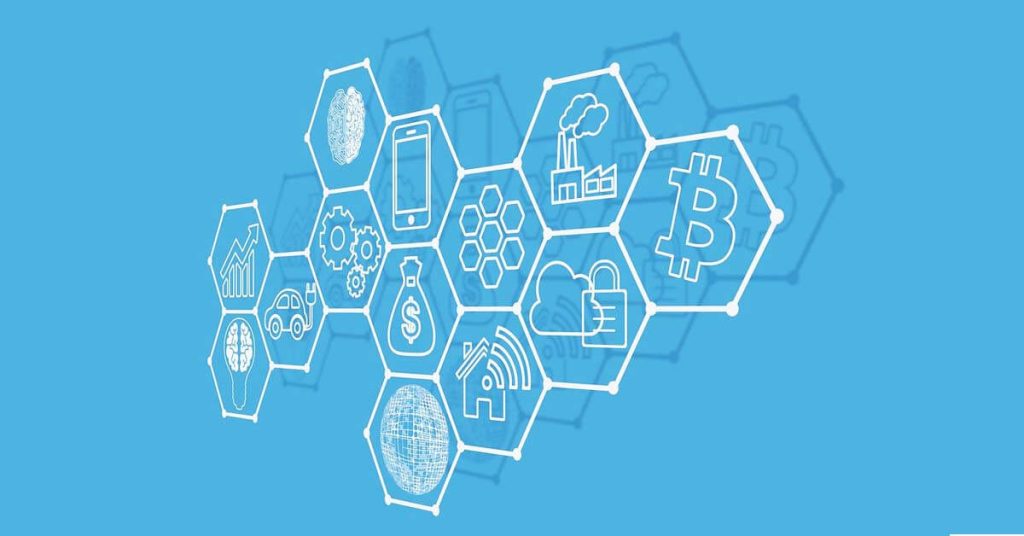Tokel is an innovative, open-source, decentralized platform dedicated to easy and affordable creation and management of tokens and NFTs (Non-Fungible Tokens).
Built on Komodo Technologies, it enables users—such as artists, businesses, and projects—to launch tokens or NFTs without the complexity of smart contracts or high gas fees.
It offers an all-in-one decentralized application that integrates a coin & token wallet, an NFT marketplace, a decentralized exchange (DEX) for trading tokens, and various creation tools, making tokenization streamlined and accessible.
How It Works:
It operates on a blockchain with UTXO-based technology, providing layer-1 blockchain features without requiring complex smart contracts.
Users can create fixed-supply tokens or NFTs directly on the platform at very low costs (e.g., creating an NFT costs a tiny fraction of a cent).
The platform includes a super-lite SPV (Simple Payment Verification) client, allowing interaction with tokens in a trustless and decentralized manner without needing to download the entire blockchain.
Newly created tokens have immediate integration with a token wallet, token explorer, and decentralized exchange within the Tokel ecosystem.
It is secured through Delayed Proof of Work (dPoW), enhancing security against attacks.
Through its DEX functionality, token holders can trade or sell tokens seamlessly without centralized intermediaries.
Key features of Tokel
-
A UTXO-based blockchain that provides layer-1 blockchain functionality without the complexity of smart contracts.
-
Extremely low fees for creating tokens and NFTs (for example, creating an NFT costs a fraction of a cent).
-
A super-lite SPV (Simple Payment Verification) client allowing users to interact with tokens in a decentralized, trustless way on any device without downloading the entire blockchain.
-
Instant integration of newly created tokens with the Tokel token wallet, token explorer, and DEX for trading.
-
Security through Delayed Proof of Work (dPoW) protecting against 51% attacks.
-
A decentralized NFT marketplace where users can buy, sell, browse, and transfer NFTs created on Tokel.
-
No exclusion — the platform is fully open-source, censorship-resistant, and easy to use for creators, businesses, and blockchain enthusiasts.
Airdrop Details and Participation (General Guidance):
It has previously conducted initial decentralized offerings (IDOs), for example on the AtomicDEX platform, where early adopters trading Tokel tokens (TKL) could qualify for rewards.
Participation typically requires holding or trading eligible tokens during specific campaign windows on authorized platforms.
To participate in airdrops or token distribution events, users often need to connect their wallets to Tokel-supported platforms, follow official announcements via it’s website or social media channels, and meet criteria such as trading volume, holding periods, or task completion.
Airdrop specifics (amount, eligibility, timelines) vary per event and are announced directly by it’s team.
Details of Tokel’s upcoming airdrop and how to participate
There is no publicly detailed announcement or official source that specifically outlines the exact details of it’s upcoming airdrop as of August 2025.
General information about how to participate in Tokel airdrops and similar token distribution events is as follows:
It airdrops usually require users to engage with the platform or affiliated decentralized exchanges (such as AtomicDEX), which might include holding Tokel tokens (TKL), trading on supported platforms, or completing specific tasks announced by the Tokel team.
Participation typically involves:
Connecting a compatible wallet to Tokel-supported platforms.
Following Tokel’s official social media channels and website for announcements.
Meeting eligibility criteria such as holding the token during a snapshot, trading volume, or signing up and completing simple tasks (like following social channels or testnet participation).
Claiming the tokens within a specified time window once the airdrop is live.
Since Tokel focuses on low-cost token and NFT creation and uses Delayed Proof of Work (dPoW) security, there may be incentives linked to ecosystem usage, NFT minting, or token trading on its decentralized exchange.
As specific Tokel airdrop details (such as token allocation, qualification steps, snapshot dates, and claim procedures) are not currently published in leading airdrop listings or it’s official channels, it is highly recommended to:
Regularly check it’s official website, social media accounts, and Komodo ecosystem announcements.
Join official community groups or forums.
Stay alert for official Tokel announcements via trusted crypto news sites or the AtomicDEX platform.
If details are released, typical airdrop participation steps will involve registering, connecting wallets, performing eligible activity within deadlines, and claiming tokens through the designated Tokel platform.
The best way to be prepared for it’s upcoming airdrop is to engage with its ecosystem early, hold or trade TKL tokens if you can, and follow official Tokel communications closely to act promptly when the airdrop is announced.
Conclusion
Tokel aims to empower content creators, entrepreneurs, and projects by giving them control over their tokens and communities with minimal technical barriers and low costs.
It is positioned as a highly user-friendly, inclusive platform for token and NFT creation, asset management, and decentralized trading.
This platform is actively looking to integrate with web3.0 and gaming projects, enhancing utility and adoption.
It also has partnerships around decentralized exchanges, allowing tokens created on the platform to be integrated on centralized exchange listings by running the Tokel chain.
In summary, it is positioning itself as a comprehensive, user-friendly tokenization ecosystem for creators and projects looking for decentralized, low-cost blockchain solutions with integrated trading and management tools.
Interested users should follow Tokel’s official channels for precise airdrop announcements and participation instructions.

